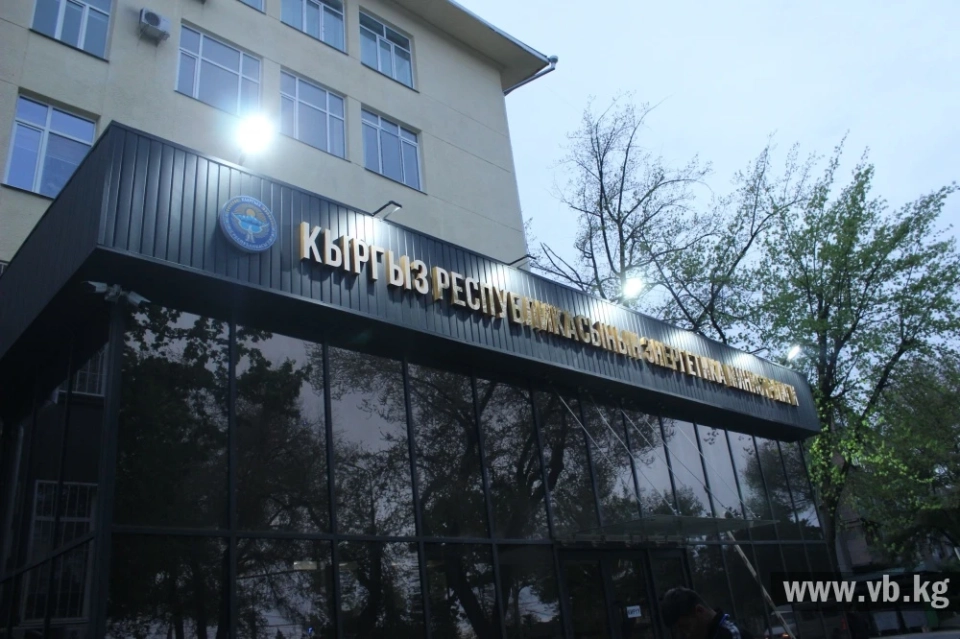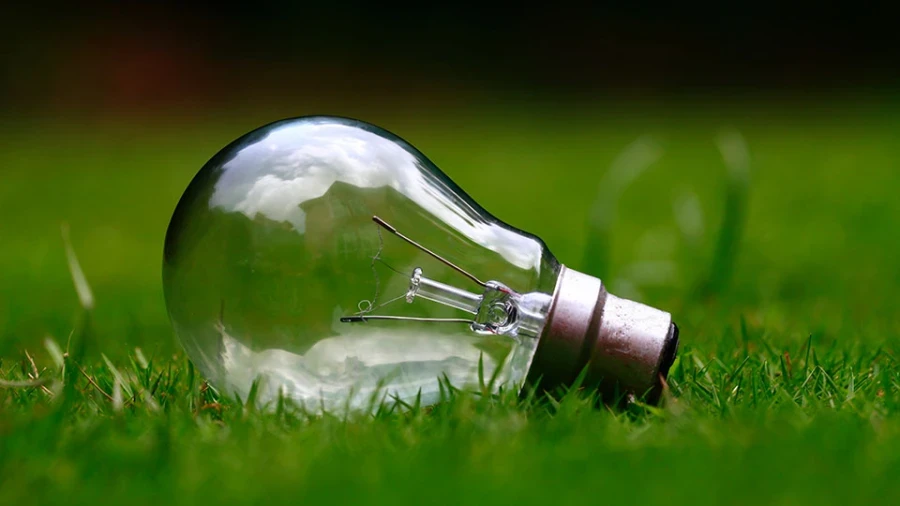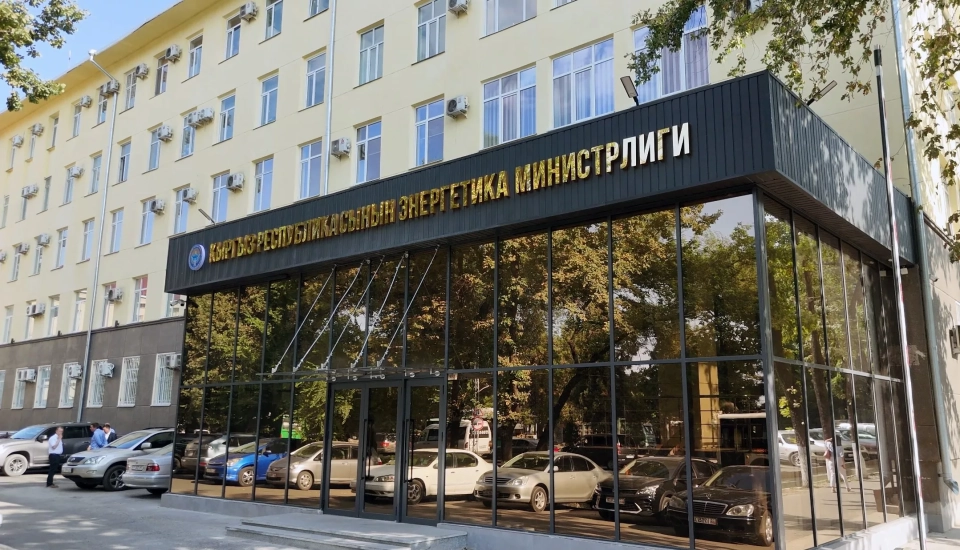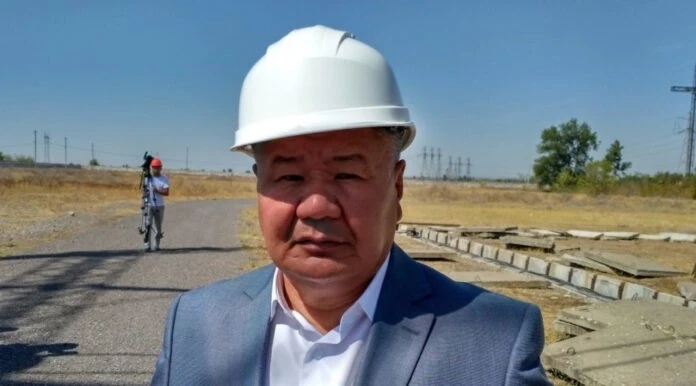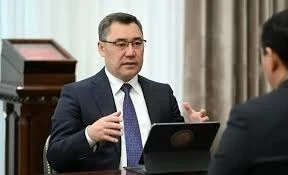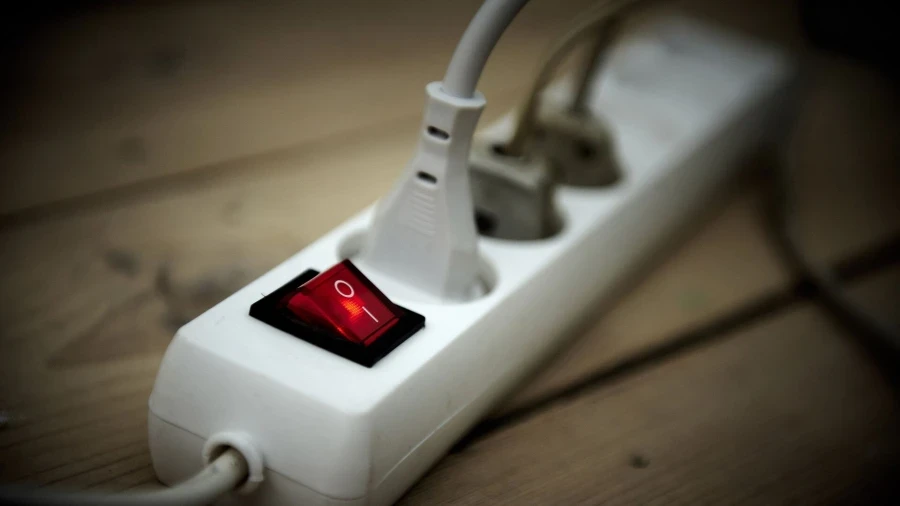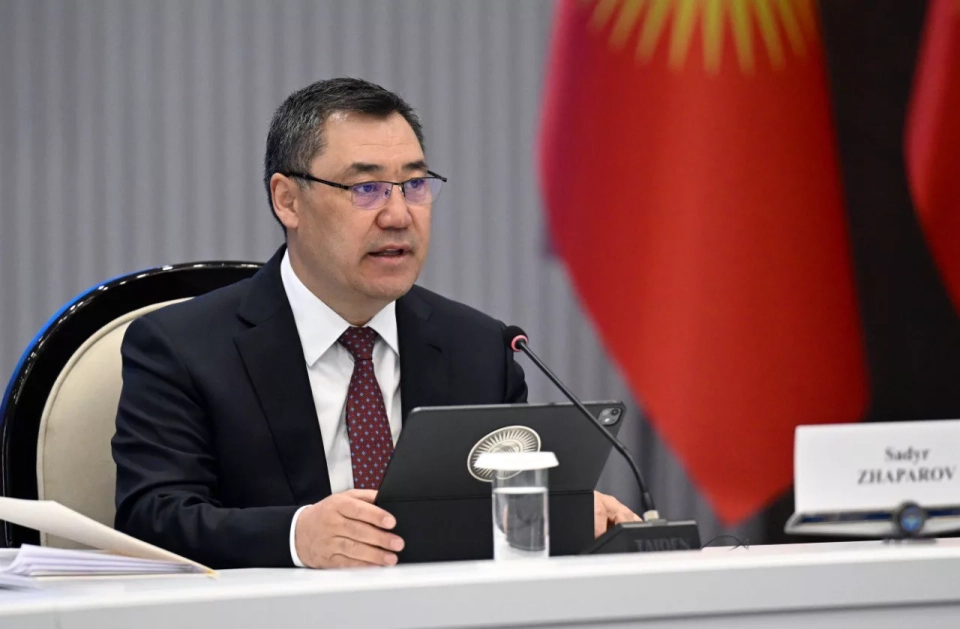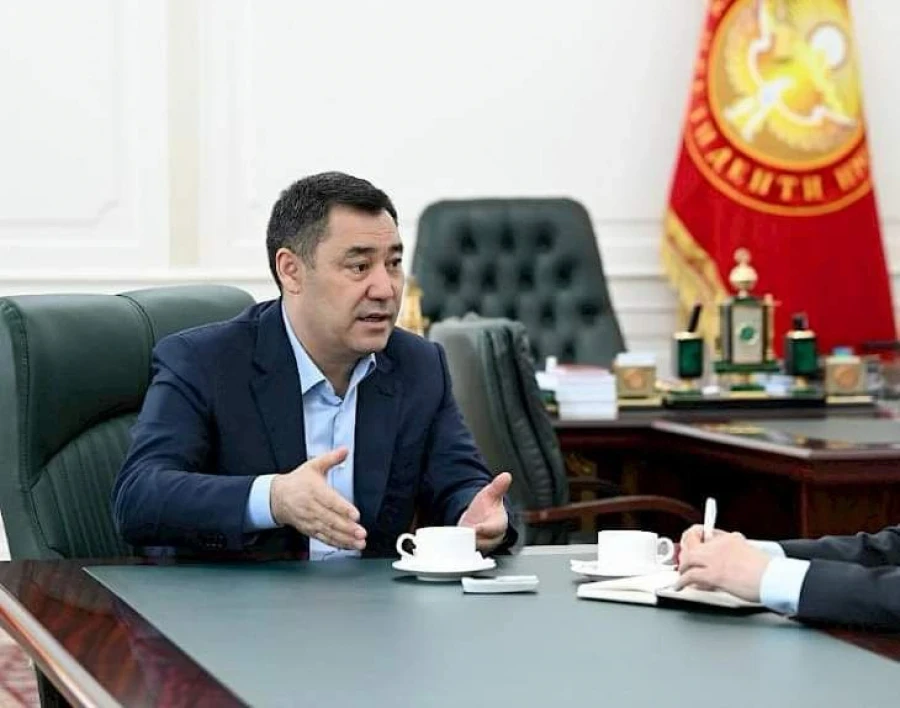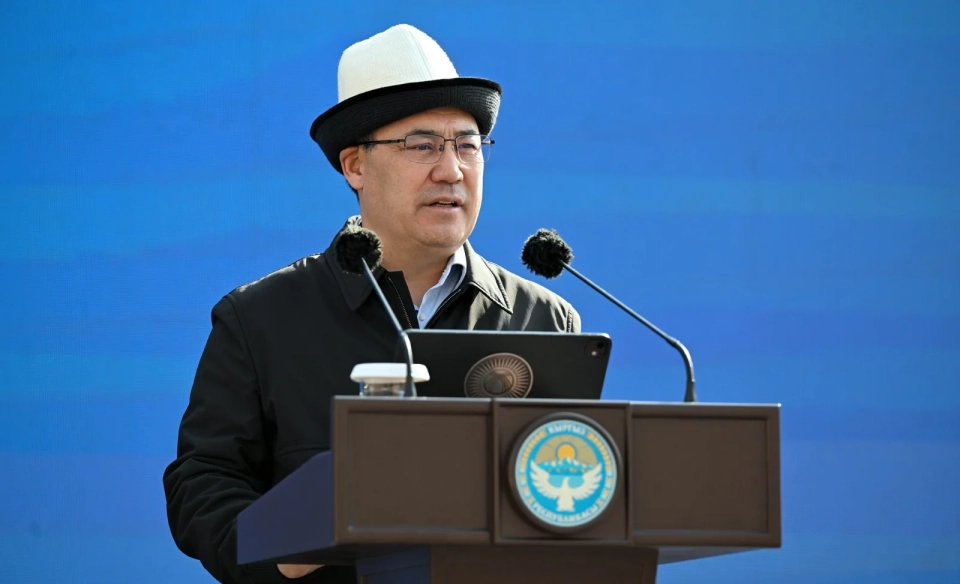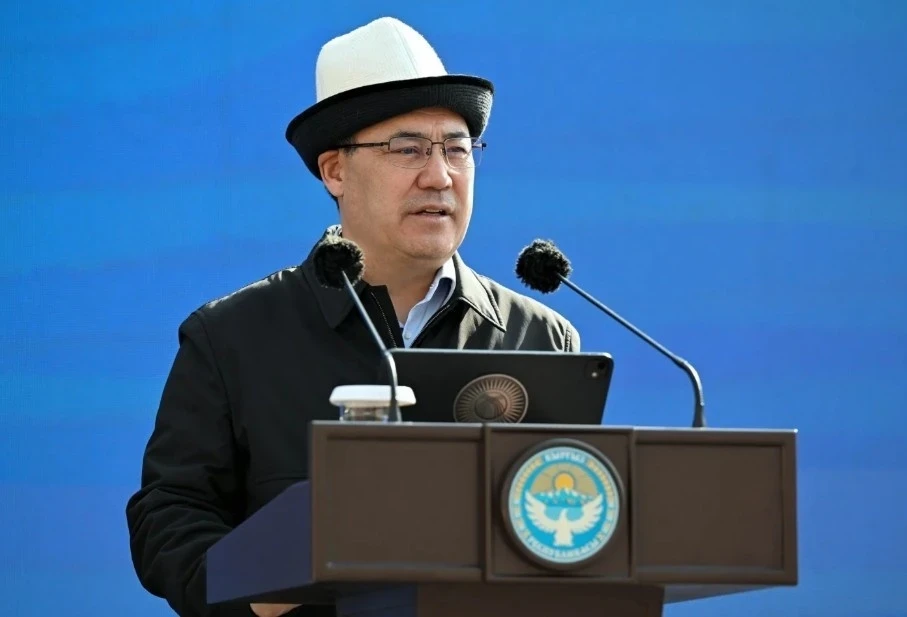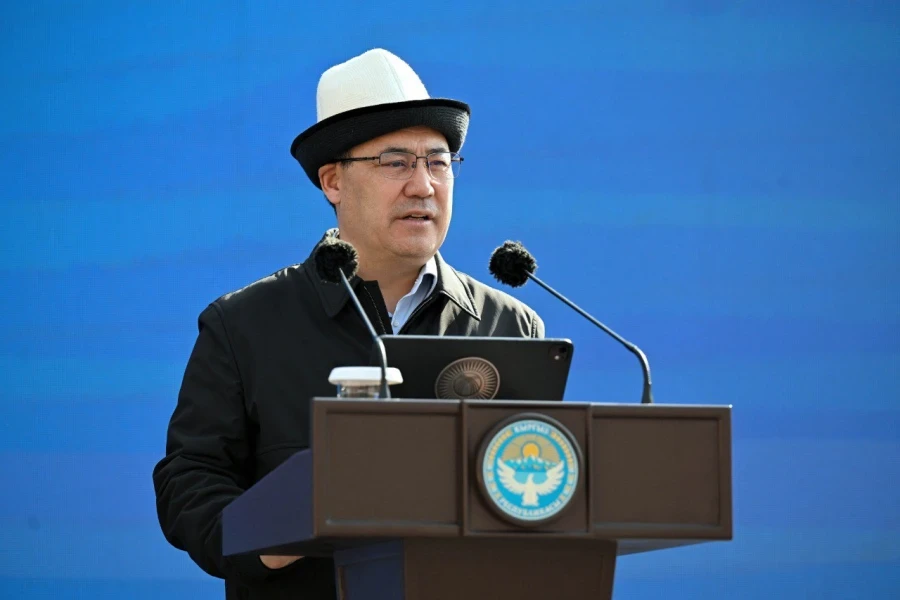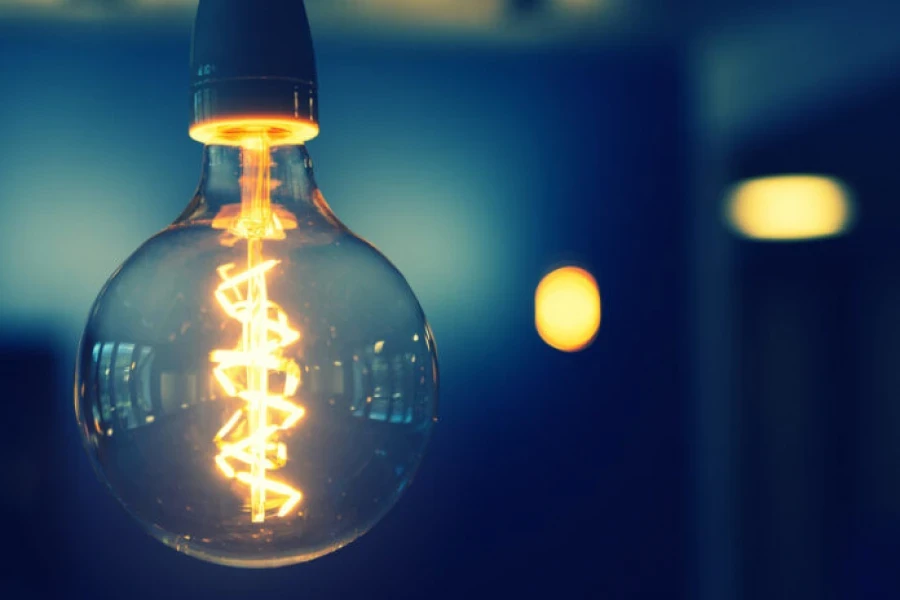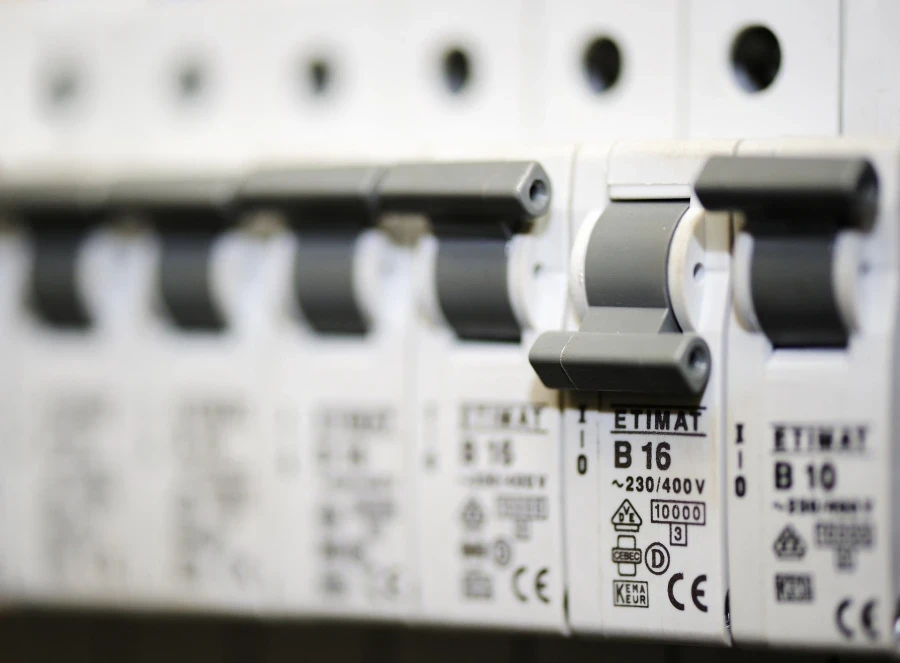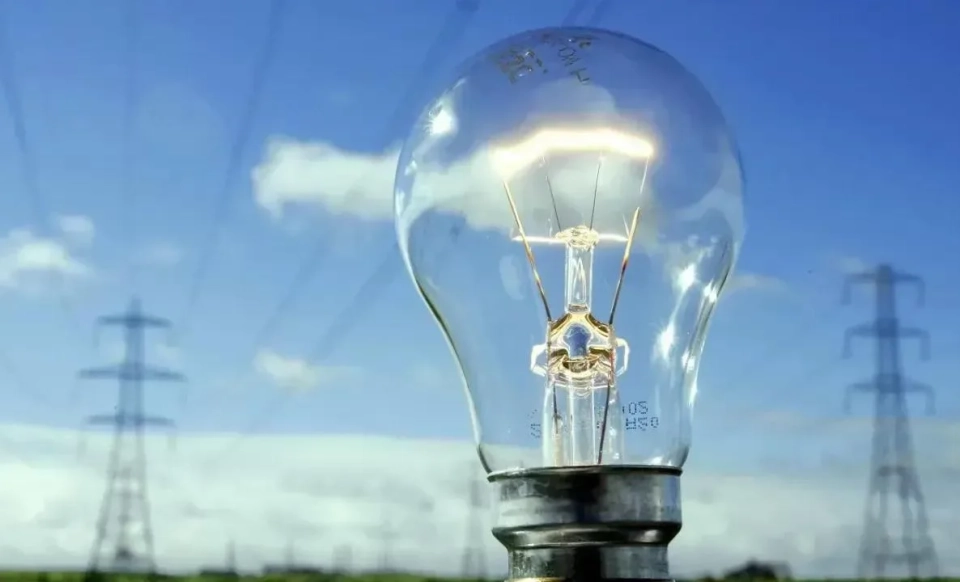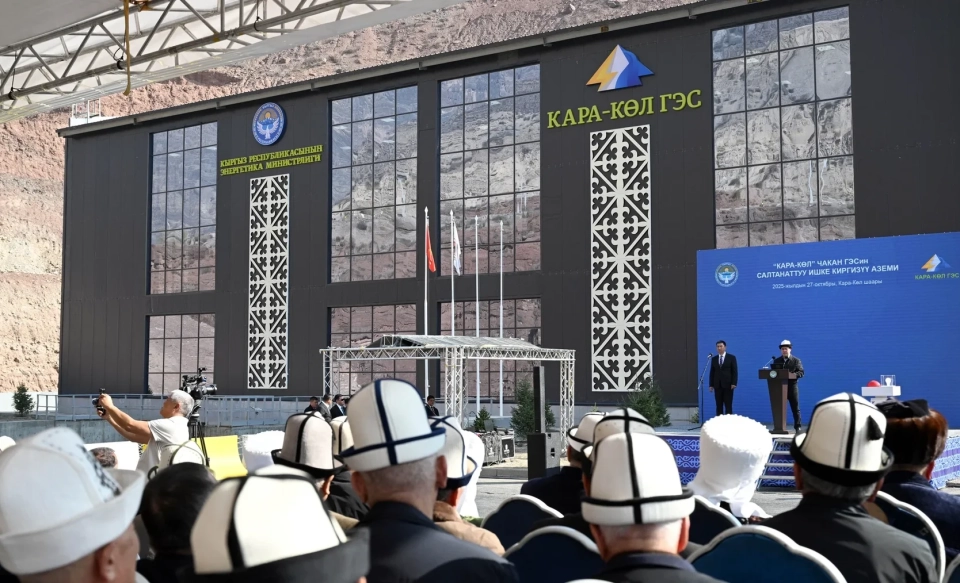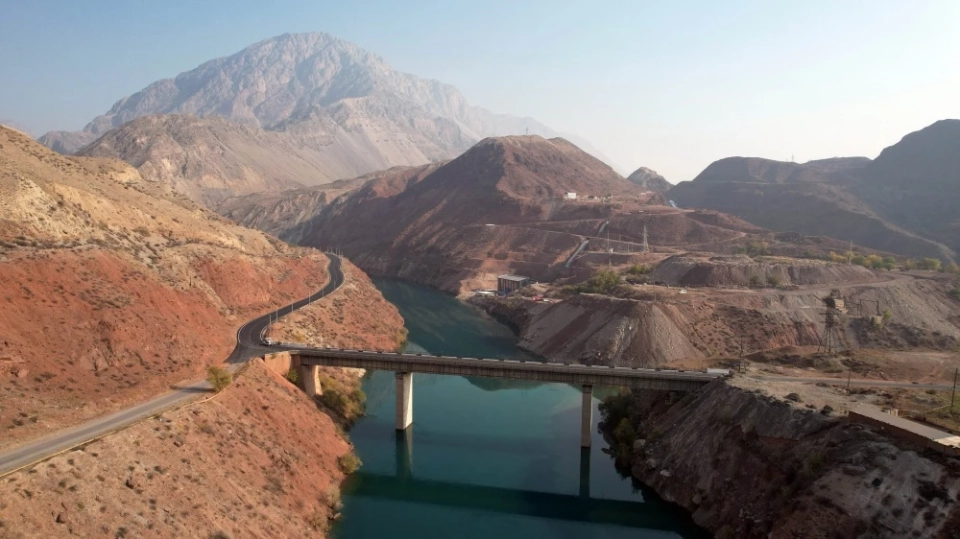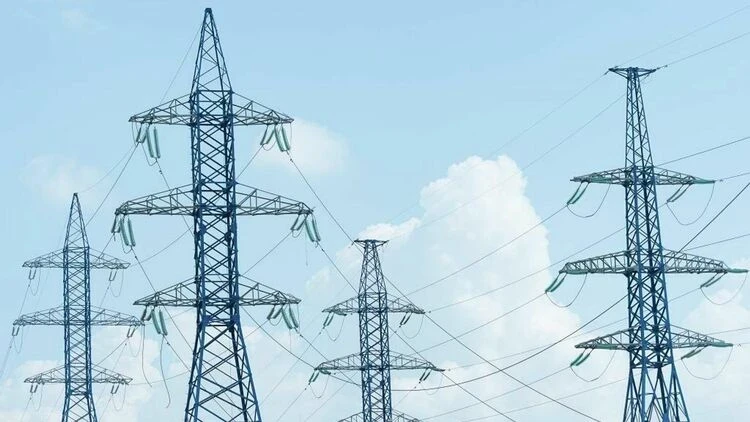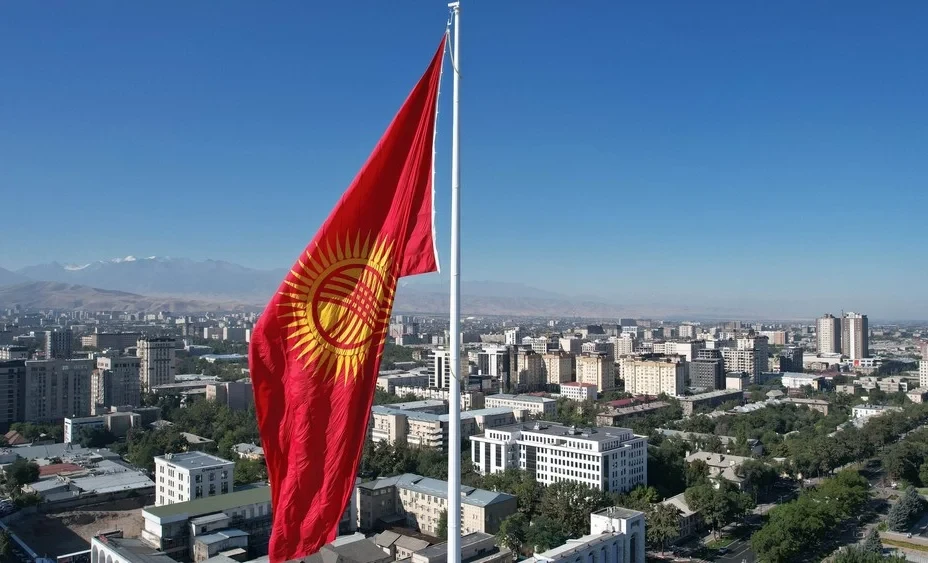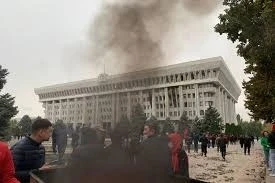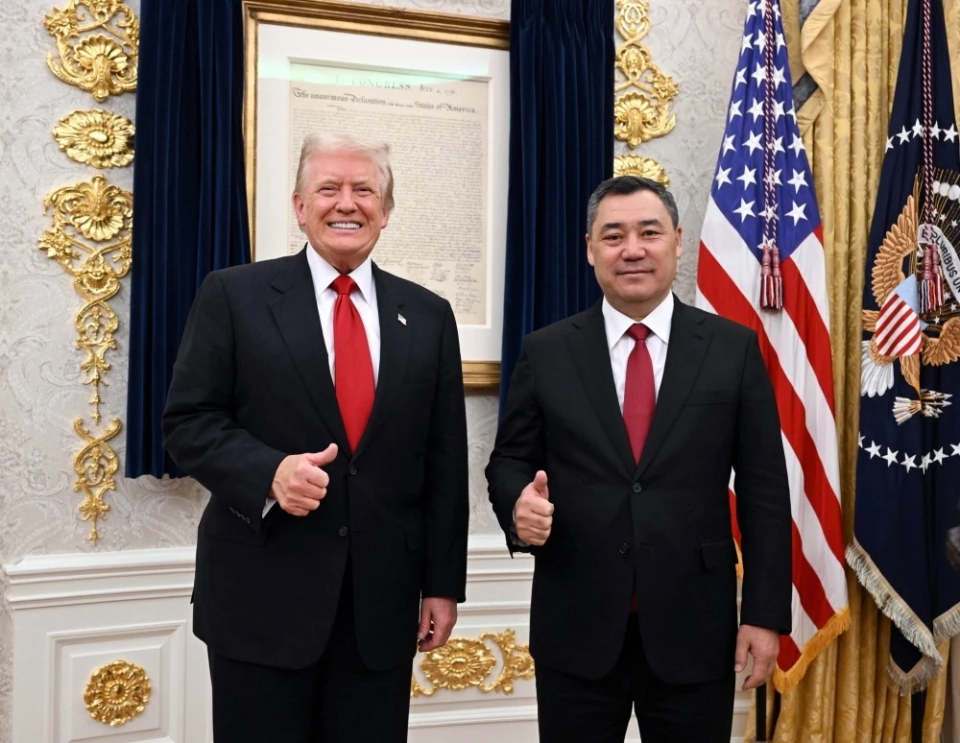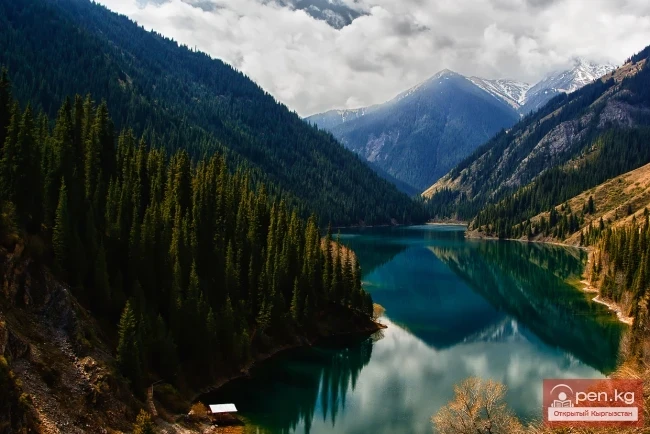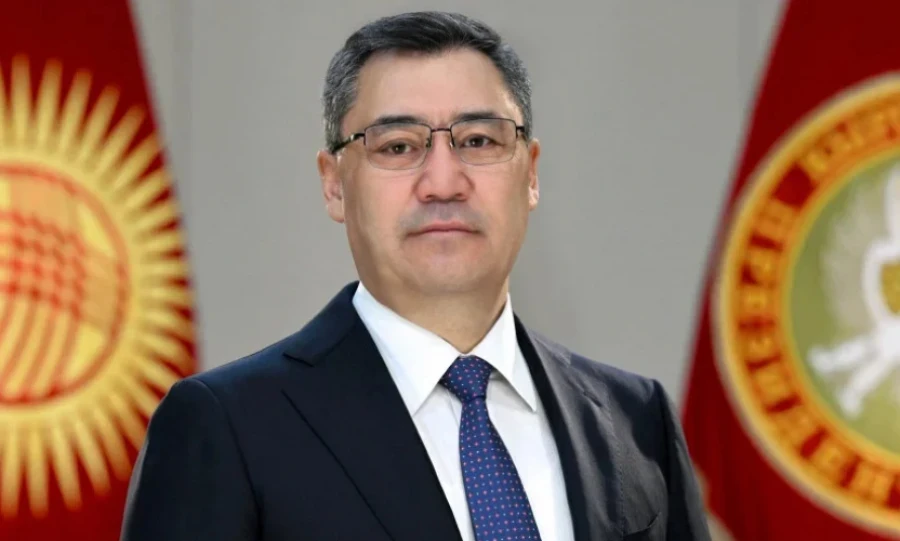
The President urged citizens to use electricity sparingly
Sadyr Japarov, the President of Kyrgyzstan, addressed the population regarding the current situation in the electricity sector. In his statement, he noted the following:
“Recently, the National Electric Network of Kyrgyzstan JSC proposed to the population to use electricity without restrictions during the autumn-winter period, without changing consumption volumes. However, this initiative was put forward without coordination with the Ministry.”
“The discussion of this topic has sparked widespread public interest.”
“The unlimited electricity tariff was introduced three years ago to compensate for the difference between the price of imported electricity and its cost for the population.”
“However, under current conditions, the water level in reservoirs is 2 billion cubic meters lower compared to last year, which forces us to temporarily suspend the connection to the unlimited tariff.”
“Upon seeing this message in the media, I immediately contacted the minister, expressed my dissatisfaction, and instructed to stop such actions, as well as to ensure equal access to electricity for citizens.”
“As a result, a reprimand was issued to the General Director of NESK and his deputy for commercial issues, and the head of the sales department, I.A. Orozbaev, was dismissed.”
“I want to take this moment to clarify the situation in the energy sector. People need to know the truth.”
“Until 2020, the country's energy debt amounted to 137 billion soms, and the energy system was on the brink of disaster.”
“The most critical situation was observed in 'Vostoelektro' and 'Jalalabadenergo', where external and internal debts were growing, and salaries were paid to employees from loans from commercial banks — in fact, these companies were on the verge of bankruptcy.”
“Energy workers remember that difficult era.”
“The equipment of the generators is outdated; it has not been updated since the 1960s, and new hydropower plants were hardly built. Only in 2009 was the first generator of the Kambar-Ata HPP-2 put into operation.”
“Since gaining independence, we have faced a shortage of electricity every winter.”
“To cover the deficit, we had to purchase electricity from abroad, and sometimes the price per kilowatt-hour reached 5 soms.”
“I learned about this situation when I came to power and began to implement reforms in the energy sector, eradicating corruption and theft.”
“How much of that 5 soms ended up in pockets is known only to God.”
“Countries that sold us electricity will also not tell the truth, and it is now extremely difficult to establish the facts.”
“Energy purchased at 5 soms was sold to the population at 0.77 tyiyn per kilowatt-hour, with a difference of 4 soms 23 tyiyn accumulating as debt.”
“Since the beginning of 2020, thanks to the reforms implemented, we have managed to reduce the total debt from 137 billion to 25 billion soms, eliminating corrupt schemes and significantly reducing electricity losses.”
“With God's help, next year we will completely eliminate this debt, and starting from 2027, our energy system will begin to generate profit, which is a significant achievement for our country.”
“If I had acted on the principle of 'the main thing is to get through my presidential term', I would not have built new hydropower plants and implemented reforms, but would have simply imported electricity at 5 soms and sold it to the population for 1 som.”
“Even a fifth-grade student could do that.”
“But I chose a different path because if I had continued the previous practice, our energy system would indeed have been on the brink of disaster.”
“Today we import electricity at 3 soms per kilowatt-hour (this is the cost price), while selling it to the population at 1 som 37 tyiyn. The difference is currently covered by the ministry.”
“Nevertheless, thanks to the reforms, we hope that next year the ministry will completely repay its debt of 25 billion soms, and by 2027 it will achieve profitability.”
“At the moment, the water level in the Toktogul reservoir is 2 billion cubic meters lower compared to last year, so we are forced to import electricity in large volumes.”
“We urge citizens to save energy to reduce the volume of imports.”
“Remember, the less efficiently we use electricity, the more funds go abroad.”
“State institutions have been instructed to turn off lighting and electrical appliances in buildings after 6:00 PM.”
“There is enough electricity in the world, and we can import it without restrictions, but every extra kilowatt-hour incurs additional costs for the budget.”
“The budget is the people's money, your money. Do not forget about this.”
“Private individuals also do not always save energy. In some houses, lights are on in all rooms during the day, and outside, someone has lights on in their yard even during the daytime.”
“Therefore, I appeal to all citizens: use light sparingly. Every 100-watt bulb that operates for an hour 'takes' about 270 liters of water from the Toktogul reservoir.”
“Imagine, 270 liters for just one bulb!”
“Do not forget to turn off the lights at night. I lived in Europe for four years and noticed that there, they do not leave the lights on for even a minute longer — they turn them off immediately because electricity is expensive.”
“For example, in Germany, one kilowatt-hour costs about 50 euro cents in winter, which is approximately 50 soms.”
“In Central Asian countries, for example, in Uzbekistan, tariffs depend on consumption volume: with an average consumption of about 1000 kWh per month, they pay about 500 soms, which is about 3 soms 60 tyiyn.”
“In Kazakhstan, in Almaty, the tariff ranges from 30 to 50 tenge, which is from 5 to 8 soms.”
“And in Kyrgyzstan — only 1 som 37 tyiyn.”
“Some may say: 'But their salaries are higher.' But when considering all expenses — food, medical care, taxes, housing and car insurance — the standard of living turns out to be comparable.”
“At the same time, our electricity remains the cheapest.”
“For three years, we have been actively building hydropower plants, as well as solar and wind energy stations. In the near future, the first solar power plant will be launched in our country.”
“Nevertheless, despite all these successes, we still lack energy in winter.”
“Every year, hundreds of factories and plants, thousands of schools and kindergartens, millions of square meters of housing are built, and all this requires a lot of energy, leading to a deficit.”
“Let me remind you of the hydropower plants that have been put into operation: in 2024, the following stations will be launched:
- Bala-Saruu HPP – 25 MW (Talas region)
- Issyk-Ata HPP 1 – 2 MW (Chui region)
- Kok-Art HPP – 6.7 MW (Jalal-Abad region)
- Kainama HPP – 9.6 MW (Jalal-Abad region)
- Isfayram-1 HPP – 2 MW (Batken region)
- Kurak-Tektir-1 HPP – 0.6 MW (Osh region)
- Arashan HPP – 2.4 MW (Issyk-Kul region)
- Beles HPP – 0.54 MW (Batken region)
The total capacity amounted to 48.84 MW.
In 2025, the following will be put into operation:
- Koysuu HPP – 9 MW (Issyk-Kul region)
- Issyk-Ata HPP 2 – 4 MW (Chui region)
- Aksy HPP – 4.75 MW (Jalal-Abad region)
- Boz-Uchuk HPP – 5.54 MW (Issyk-Kul region)
- Kara-Kul HPP – 18 MW (Jalal-Abad region)
The total capacity is 41.29 MW.
In addition, modernization work has been carried out at large hydropower plants, which has allowed for an increase in capacity. All four units at the Toktogul HPP have been updated, adding 240 MW of capacity — equivalent to the construction of a new 240 MW hydropower plant.
At the Uch-Kurgan HPP, 9 MW have been added as part of the reconstruction, and after the full completion of the project, an additional 36 MW will be obtained. At the Kambar-Ata HPP-2, a project is underway to put the second unit with a capacity of 120 MW into operation. The At-Bash HPP has been updated, adding 11.44 MW. Reconstruction work continues at the Lebedinov HPP.
Preparatory and design work is also underway for the Papanskaya, Lower-Tarskaya, and Bystrovskaya HPPs.
The construction of small hydropower plants in 2025–2030 includes:
- In 2025, the following stations will be built in Jalal-Abad, Batken, Osh, Naryn, and Chui regions: Kozho-Kaiyr (Bazarbay-Ata-3), Kurak-Tektir-2, Kainama-2, Sary-Tash, Shamsy, Sokuluk-3, Tuyuk, Kurtka, and Ken-Tor-1. Their total capacity will be 29.53 MW.
- In 2026, the construction of 25 small hydropower plants is planned, including: Orto-Tokoy HPP (21 MW), Kulanak HPP (100 MW), Turgent HPP (26 MW), Mayly-Suu HPP (26 MW), Ak-Suu HPP-3 (17.66 MW), and other facilities. The total capacity is 286.21 MW.
- In 2027, another 14 new hydropower plants will be put into operation, including: Papanskaya HPP (27 MW), Zheruyskaya HPP (28 MW), Chandalash HPP (30 MW). The total capacity will be 172.88 MW.
- In 2028–2030, the following facilities are planned for construction: Konorchok, Kyzyl-Suu, Kichi-Kemin, Kyshtuut, and Lower-Tarskaya HPP. The total capacity is 44.7 MW.
Promising projects for the coming years include: Chon-Kemin HPP (26 MW, Chui region) and Chok-Tal HPP (3.7 MW, Issyk-Kul region).
Thus, the construction of large, medium, and small hydropower plants is actively ongoing. The current energy deficit is a temporary problem.
“If we were not building schools, kindergartens, residential buildings, factories, and plants, the deficit accumulated over many years would have long been covered by the commissioned hydropower plants, and we would live peacefully. But we are not sitting idly by. We are actively working to overcome difficulties.”
“I am confident that in two and a half years we will be able to solve the problem of winter electricity shortages, as about a hundred small and medium hydropower plants are being built across the country, and all of them will be completed.”
“In addition, the construction of a thermal power plant with a capacity of 1200 MW has begun in Kara-Keche, with an annual production volume of up to 7 billion kWh. It is planned to be put into operation in two and a half years, which will completely eliminate the electricity deficit in the winter period.”
“If we simply wait for the completion of the Kambar-Ata HPP-1, it will take another 7–8 years. When Kambar-Ata is fully operational, Kyrgyzstan will become an electricity-exporting country.”
“In this direction, we are conducting constant and targeted work. As the aforementioned projects are implemented, the electricity deficit will be gradually eliminated, and Kyrgyzstan will become an energy-secure and self-sufficient state.”
“I ask you to understand the current temporary difficulties and show patience, assisting in the restoration of our energy system. Use electricity sparingly and rationally — this is how you will contribute,” the president concluded.
Photo www
